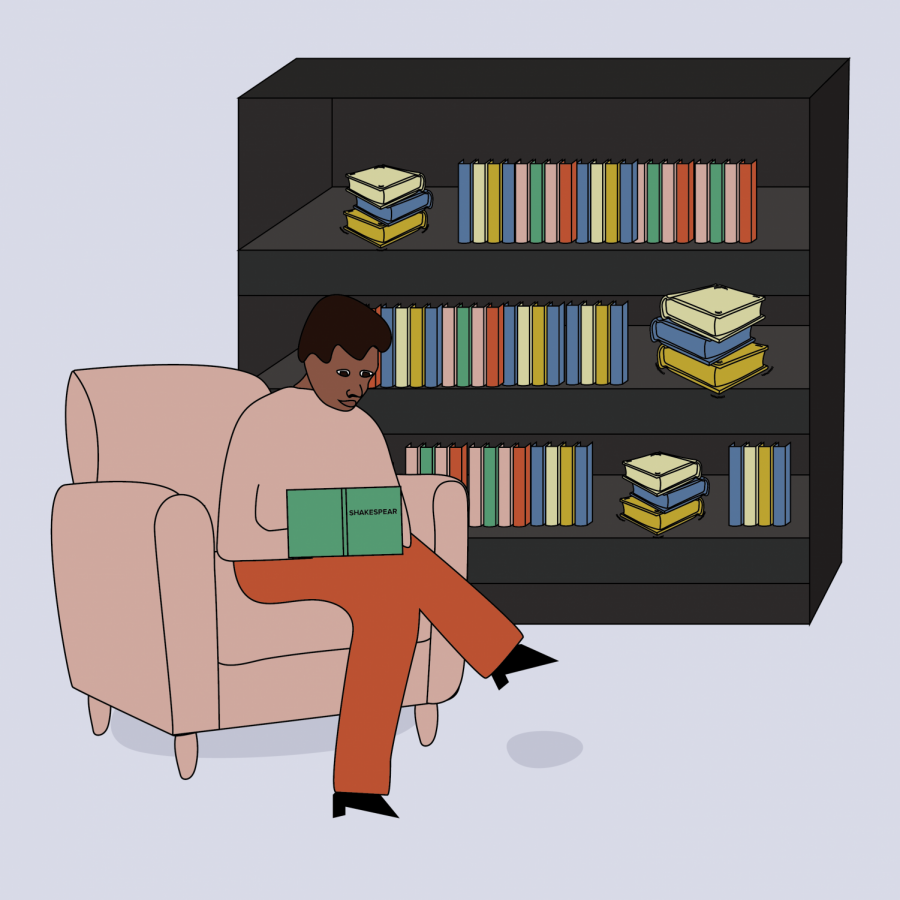Cultural knowledge necessary for happiness
Mar 12, 2019
One of the most striking things about our culture is its poverty of historical perspective. Many people struggle to imagine life in any way other than that of the present. While some are concerned by this, there are also those who disdain the past, thinking there is nothing to learn from it. For many modern Americans, man is the measure of all things. This stands in stark contrast to the lived experience of much of humanity, both in the past and present, who rely heavily on the inheritance of their cultures for forming an identity.
The digital age has been a major contributor. Popular culture is driven by social media, generating ephemera that pass away and are forgotten as quickly as they were created. Although scrolling through Twitter or Facebook might give a transient feeling of satisfaction, they leave you with nothing of lasting value.
Institutions are supposed to ground us in the world and they fail to do so. Education has forsaken the great books for contemporary authors writing about the favored cause du jour and any sort of memorization is disparaged in favor of ill-defined “critical thinking skills.” The liberal arts are dismissed as useless, replaced by a focus on practical vocational training.
In politics, relentless presentism has made discourse shallow and hyperbolic. At best, the historical horizon for most people extends as far as the 20th century and only then on the most superficial level, such that they are able to loudly defame their opponents with completely inapposite analogies or outright slander.
The cause of all these things is a systematic failure of enculturation, the process by which one generation hands down its cultural knowledge to the next. We live in a culture that disapproves of most forms of enculturation as unwarranted intrusions on individual freedom. Rather than being set free, we are set adrift; rudderless.
Get The Daily Illini in your inbox!
This failure of enculturation has profound consequences for our society. Actual historical knowledge has been one of the first casualties. Evidence shows Americans are bereft of even the slightest consciousness of their historical and cultural inheritance. ”
As concerning as it is for our system of self-government that most Americans know next to nothing about civics or our country’s history, it is perhaps even more alarming they know virtually nothing about themselves. With any sense of their particular place in the world dissolved, they struggle when they find they are essentially no one from nowhere. We live in an eternal present, without links to the past or responsibilities for the future. To use Edmund Burke’s phrase, when we lose contact with these links, we become a “little better than the flies of a summer.”
While the intellectual and ideological trends that have brought about this failure of enculturation are longstanding and powerful, it is not impossible to resurrect a sense of belonging and particularity. Small efforts, like reading old books rather than new ones, can help give you a foundation to weather the travails of modern life.
Cole is a junior in LAS.






